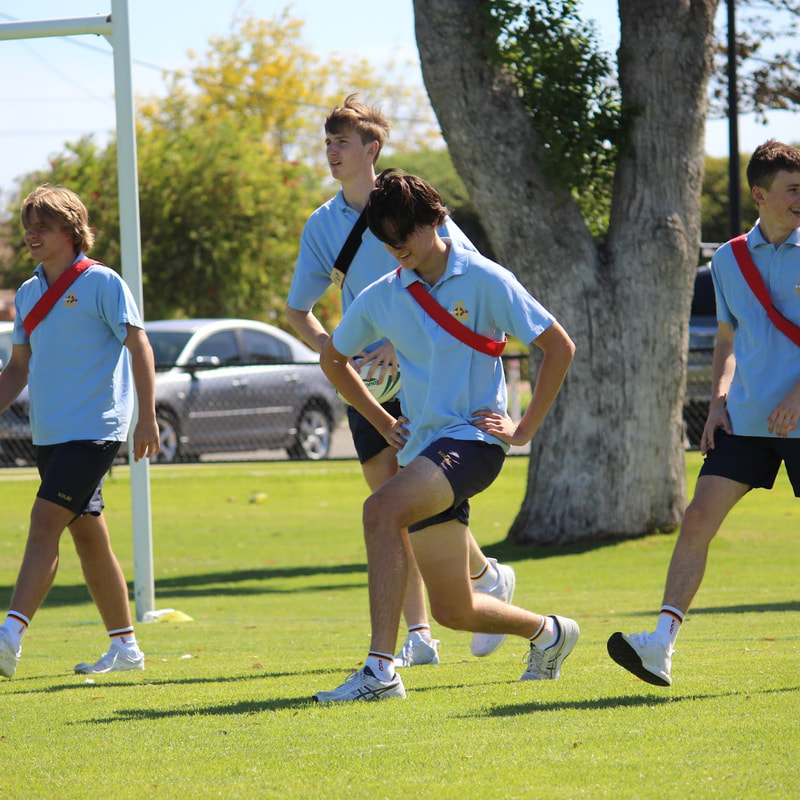What does the course entail?
|
Study of the Physical Education Studies ATAR course contributes to the development of the whole person. It promotes the physical, social and emotional growth of students. Throughout the course, emphasis is placed on understanding and improving performance in physical activities.
Physical Education Studies ATAR focuses on the complex inter-relationships between motor learning and psychological, biomechanical and physiological factors that influence individual and team performance. Students engage as performers, leaders, coaches, analysts and planners of physical activity. The course prepares students with an increasingly diverse range of employment opportunities in the sport, leisure and recreation industries, education, sport development, youth work and health and medical fields linked to physical activity and sport. The course prepares students for a variety of post-school pathways, including immediate employment or tertiary studies. It provides students with an increasingly diverse range of employment opportunities in the sport, leisure and recreation industries, education, sport development, youth work, and health and medical fields linked to physical activity and sport. |
What will be covered in this course?
YEAR 11
|
YEAR 12
|




